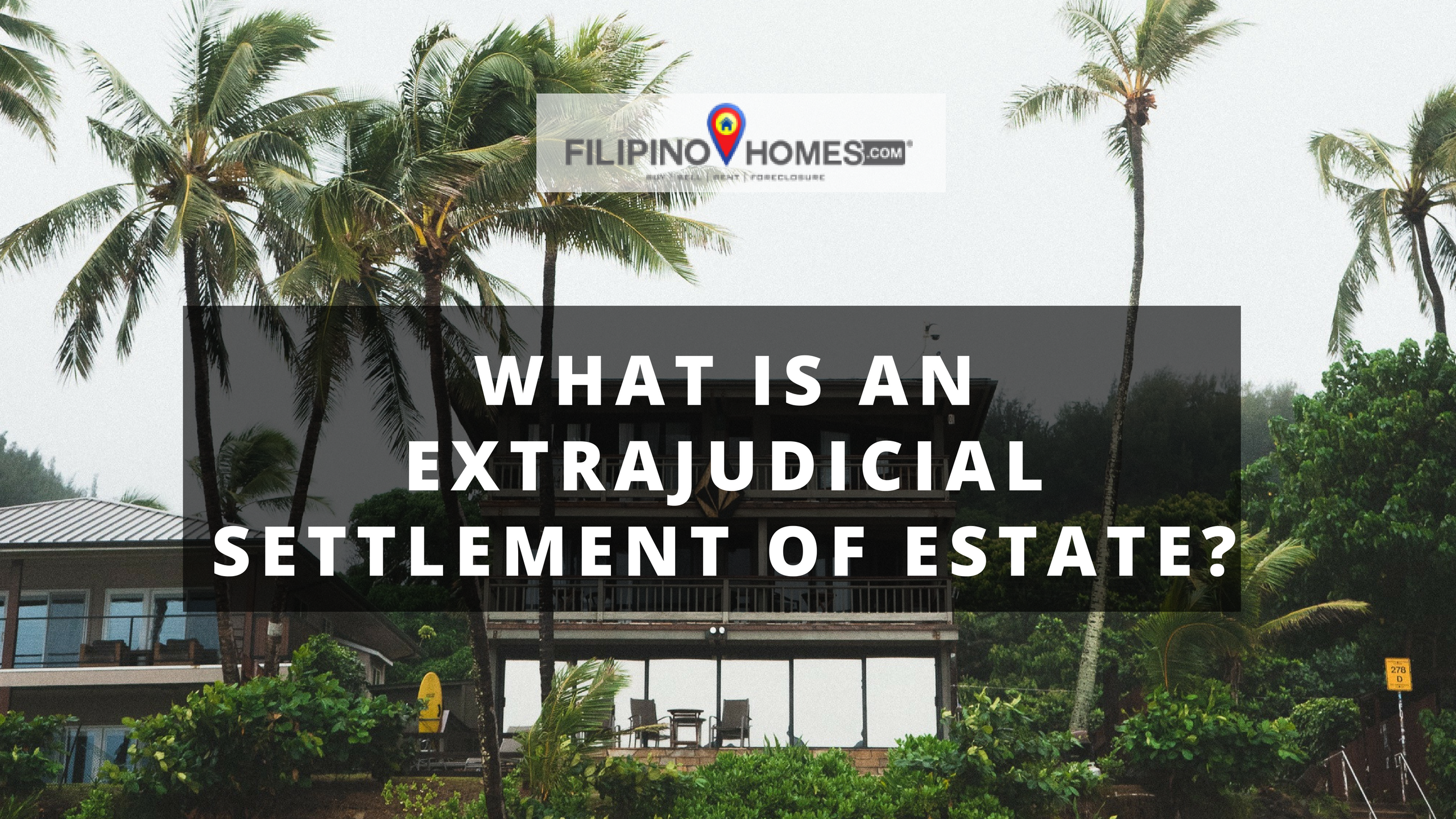
After the death of a loved one, families are often left with the question of what to do with the deceased person’s assets and personal property. Sometimes, there is a Last Will and Testament left behind to name the heirs. Other times, however, there is no such Will to direct how the properties will be distributed. One way to deal with this situation is through an extrajudicial settlement of estate.
What is an extrajudicial settlement of estate?
By definition, “extrajudicial” means “outside of court.” Extrajudicial settlement of estate, therefore, means heirs do not need to go to court to partition the properties left by the deceased decedent, which is collectively recognized as the “estate.” It is settling an estate by drafting a contract where the properties are divided among the heirs as they see fit.
Rule 74, Section 1 of the Rules of Court allows the extrajudicial settlement of estate by agreement among the heirs. Said Rule states:
Sec. 1. Extrajudicial settlement by agreement between heirs. – If the decedent left no will and no debts and the heirs are all of age, or the minors are represented by their judicial or legal representatives duly authorized for the purpose, the parties may, without securing letters of administration, divide the estate among themselves as they see fit by means of a public instrument filed in the office of the register of deeds, and should they disagree, they may do so in an ordinary action of partition. If there is only one heir, he may adjudicate to himself the entire estate by means of an affidavit filed in the office of the register of deeds. The parties to an extrajudicial settlement, whether by public instrument or by stipulation in a pending action for partition, or the sole heir who adjudicates the entire estate to himself by means of an affidavit shall file, simultaneously with and as a condition precedent to the filing of the public instrument, or stipulation in the action for partition, or of the affidavit in the office of the register of deeds, a bond with the said register of deeds, in an amount equivalent to the value of the personal property involved as certified to under oath by the parties concerned and conditioned upon the payment of any just claim that may be filed under Section 4 of this rule. It shall be presumed that the decedent left no debts if no creditor files a petition for letters of administration within two (2) years after the death of the decedent.
The fact of the extrajudicial settlement or administration shall be published in a newspaper of general circulation in the manner provided in the next succeeding section; but no extrajudicial settlement shall be binding upon any person who has not participated therein or had no notice thereof.

When is an Extrajudicial Settlement of Estate applicable?
Considering that judicial settlement of estate takes years before the case is concluded, an extrajudicial settlement of estate is recommended to speed up the transfer of properties of the decedent to his heirs.
However, there are conditions which must be satisfied to resort to extrajudicial settlement, including:
- The decedent left no will.
- The decedent has no debts or his debts have been fully paid.
- The heirs are all of legal age or the minors are duly represented by their judicial or legal representatives.
- A public instrument is duly executed by the heirs and filed with the Register of Deeds.




